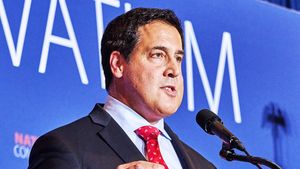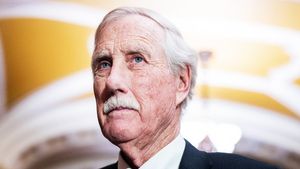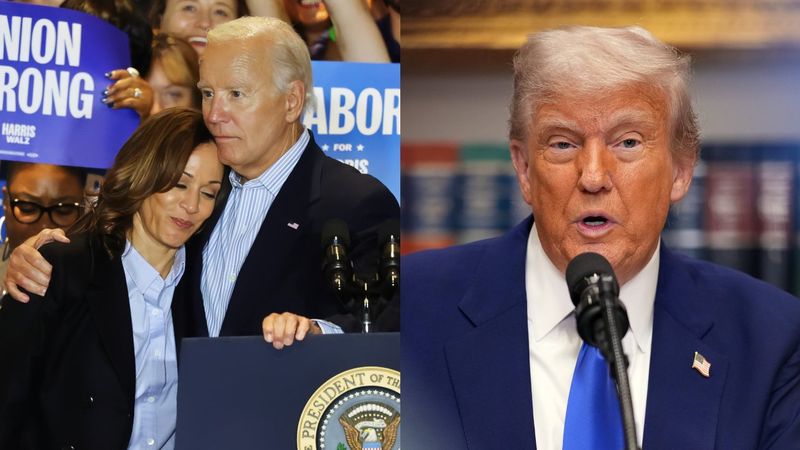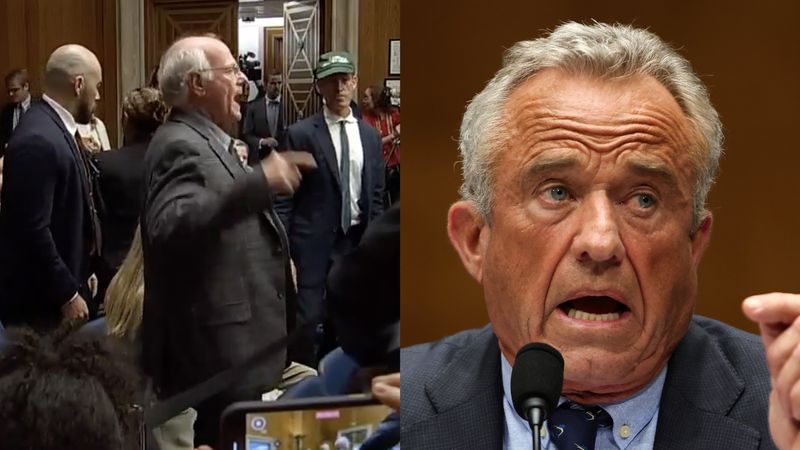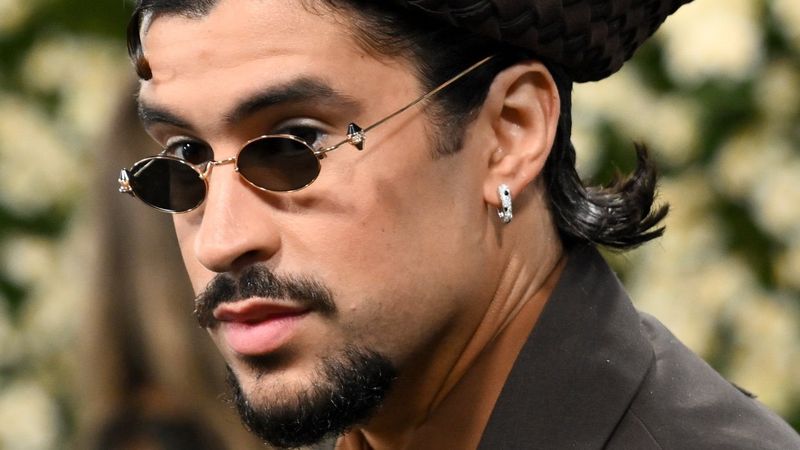President-elect Donald Trump, a convicted felon will move into the White House in less than two weeks.
In an unprecedented moment in American history, the president-elect has been sentenced on 34 felony counts of falsifying business records. The case stems from payments made to bisexual adult film actress and advocate Stormy Daniels during his 2016 presidential campaign to silence claims of an alleged affair. Despite this conviction, Trump is set to take the oath of office on January 20.
New York Justice Juan Merchan presided over the case in which a jury found Trump guilty in May and described it as “a truly extraordinary case” with a “unique and remarkable set of circumstances.” The charges originated from $130,000 in hush money payments facilitated by Trump’s former attorney, Michael Cohen, reimbursed through falsified records in the Trump Organization. The prosecution argued that the payments were designed to protect Trump’s 2016 campaign from potentially damaging allegations.
Trump attended court sessions in person for seven weeks last year as his criminal trial unfolded. However, he appeared remotely from Mar-a-Lago in Florida for Friday’s sentencing. Manhattan District Attorney’s Office prosecutor Joshua Steinglass recommended an unconditional discharge—a minimal sentence that Justice Merchan upheld. It means that Trump will not face jail time, fines, or probation, although his status as a convicted felon remains.
During sentencing, Steinglass emphasized the gravity of Trump’s actions. “The defendant falsified 34 separate entries in his business records with the intent to defraud,” he said. “This included an intent to commit or conceal a conspiracy to promote his own election by unlawful means.”
He criticized Trump’s unrelenting attacks on the justice system: “Far from expressing any kind of remorse for his criminal conduct, the defendant has purposefully bred disdain for our judicial institutions and the rule of law.”
Steinglass also highlighted Trump’s use of dangerous rhetoric, which he argued was designed to intimidate officers of the court and undermine public trust in the judiciary.
Trump delivered extended remarks during the hearing, reiterating familiar claims of innocence and alleging unfair treatment. He decried the trial as a “witch hunt,” criticized Cohen as “discredited,” and complained about being “under a gag order.”
“This has been a very terrible experience,” Trump said, adding, “I think it’s been a tremendous setback for New York.”
Merchan noted that while Trump’s position as president-elect influenced the sentencing, it did not diminish the seriousness of his crimes.
“While one can argue that the trial itself was, in many respects, somewhat ordinary, the same cannot be said about the circumstances surrounding this sentencing, and that is because of the office you once occupied and which you will soon occupy again,” Merchan said. “To be sure, it is the legal protections afforded to the office of the President of the United States that are extraordinary, not the occupant of the office. The legal protections, especially within the context of a criminal prosecution afforded to the office of the president, have been laid out by our founders, the Constitution, and most recently interpreted by the United States Supreme Court in the matter of Trump versus the United States, which was decided on July 1st, 2024.” He added, “The trial was conducted pursuant to the rules of procedure and guided by the law.”
The Supreme Court declined Trump’s request to delay sentencing in a 5-4 decision, with Chief Justice John Roberts and Justice Amy Coney Barrett joining the liberal justices to reject his bid. As a convicted felon, Trump cannot vote in his home state of Florida.





















